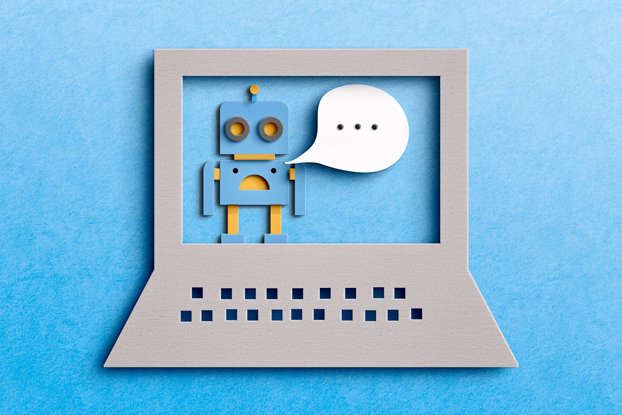


Artificial intelligence (AI) has achieved such a level of sophistication that on occasion it can shake the very foundations of what we understand as conscious thought.
Conscious AI?
Artificial intelligence (AI) has achieved such a level of sophistication that on occasion it can shake the very foundations of what we understand as conscious thought.
Humans vs. Robots: the great fear![]()
The collective fear is that a conscious AI could lead to the creation of a non-human race of robots with its own language and values and, in the most catastrophic hypothesis, an enemy of humanity.
Artificial intelligence in cinema
This fear is depicted in 1968 Stanely Kubrik’s ‘2001: A Space Odyssey’. In this masterpiece, the HAL 9000 supercomputer deliberately decides to follow a completely different plan from the one programmed, killing part of the crew.
From fiction to reality![]()
But where are we today in reality? Will it one day be possible to talk to a digital assistant as if they were our best friend? Will they be able to give advice and experience emotions… just like us?
Sentient AI?
More recently, ‘Her’ (2013), depicts a man who falls in love with his digital assistant, Samantha, a conscious and sentient AI.
Artificial intelligence and consciousness![]()
Before answering this question, it’s useful to understand what artificial intelligence and consciousness are.
Big data processing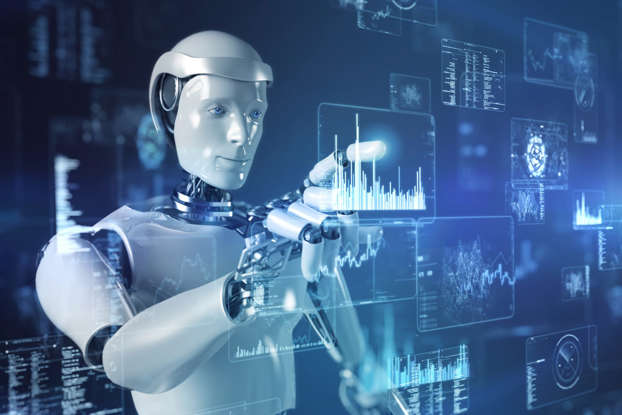
When we talk about artificial intelligence we mean the ability possessed by a non-human mind, therefore a robot or a computer, to process enormous quantities of data and perform functions similar or equal to ours.
What can AI do?![]()
An example of artificial intelligence is calculating operations, predictions or even the ability to play a game of chess. We also think of digital assistants such as Siri or Alexa, which are based on deep learning, i.e. the ability to learn autonomously using algorithms, data and previous experiences.
What is conscience?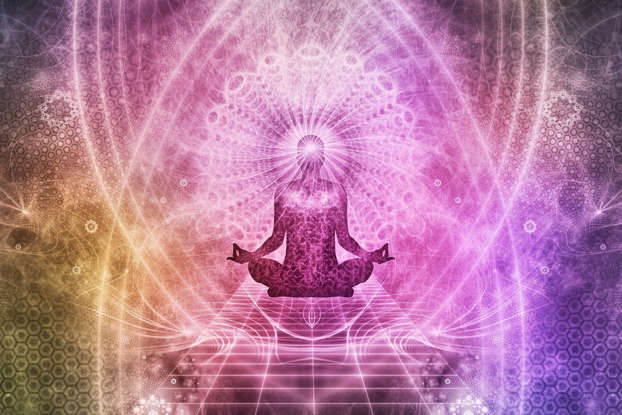
As far as consciousness is concerned, on a biological level, this can be interpreted as awareness of one’s existence, including awareness of one’s actions. In its broadest sense, the moral evaluation of one’s actions is also introduced.
The existence of an intelligence without conscience![]()
Before the creation of artificial intelligence, intelligence had always been considered closely related to consciousness. But AI has fully demonstrated that intelligence, at least artificial intelligence, can exist even without consciousness (at least for now).
What experts think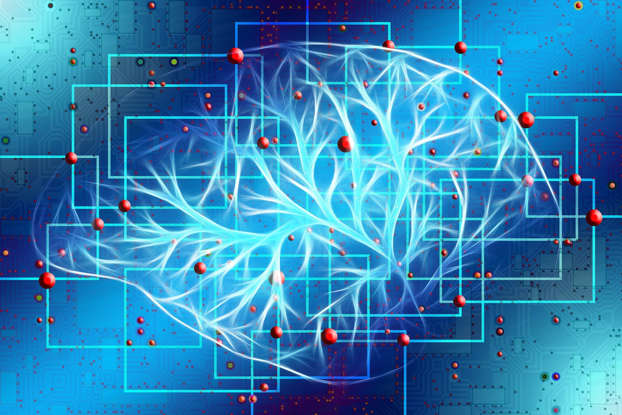
According to an article by scientists and artificial intelligence scholars Deyi Li, Wen He, Yike Guo, professors at the IET (Institution of Engineering and Technology), it would take at least a few hundred years to achieve an AI that’s as advanced as a human being.
There are two sides to AI![]()
In the same article, the three scientists underline that all technological revolutions have two sides: “Atomic energy can be used not only for peaceful purposes but also for war. Humans can create atomic bombs, and also the army robots.”
The role of humans in the creation of AI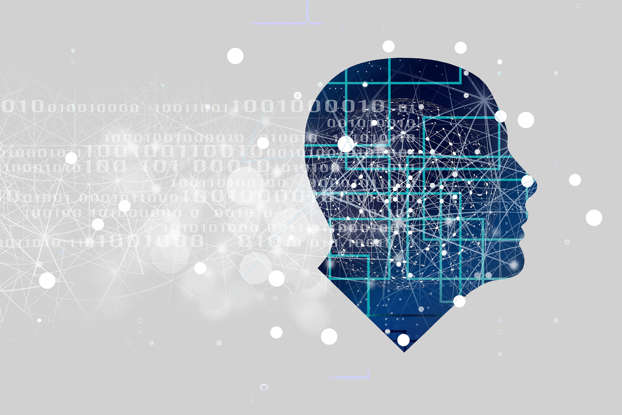
“This shouldn’t be seen as a problem of AI, but of humans, as creators, as they have to make moral decisions about how to use it. This will have an impact on the future world that we humans will create.”
Evolution of artificial intelligence![]()
One of the architects of deep learning is Yoshua Bengio, a Canadian computer scientist, best known for his work on artificial neural networks and, precisely, on deep learning. Bengio has a lot of faith in a possible evolution of artificial intelligence.
“We have a lot of information that we are not exploiting”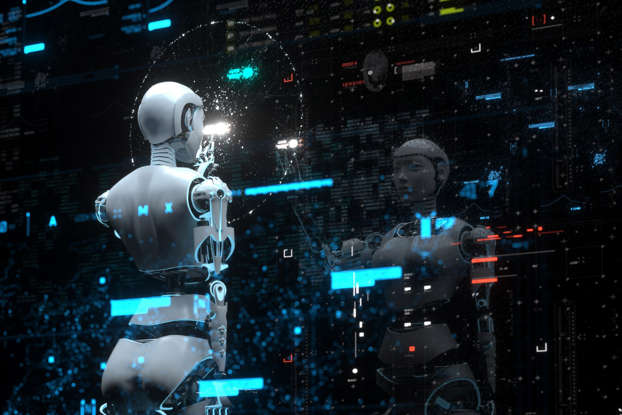
According to Bengio, we have a lot of information in our brains at all times, meaning that there is “a huge amount of information” that we’re not exploiting in machine learning.
The Blake Lemoine case![]()
In the field of AI, the case of Blake Lemoine, an employee of the “AI Responsible” department of Google, who worked on LaMDA (Language Model for Dialogue Applications), one of Google’s most promising projects, made headlines.
LaMDA is sentient
Blake Lemoine was suspended from office for revealing classified information. According to the Washington Post, the well-known engineer is convinced that LaMDA is sentient, that is, endowed with senses and sensitivity.
Google’s answer![]()
Google spokesperson Brian Gabriel said: “Our team, including ethicists and technologists, has reviewed Blake’s concerns per our AI Principles and have informed him that the evidence does not support his claims. He was told that there was no evidence that LaMDA was sentient.”
OpenAI GPT chat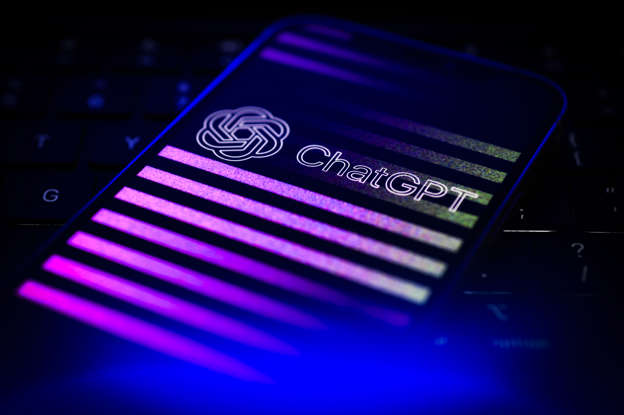
At the moment, another of the most advanced artificial intelligences with which everyone can already exchange conversations is ChatGPT, an artificial language model developed by OpenAI.
What does ChatGPT is able to do?![]()
According to the Openai.com website ChatGPT is “capable of an interaction in the form of a conversation. The dialogue format allows ChatGPT to answer follow-up questions, admit mistakes, challenge incorrect premises and reject inappropriate requests.
Chatting with ChatGPT 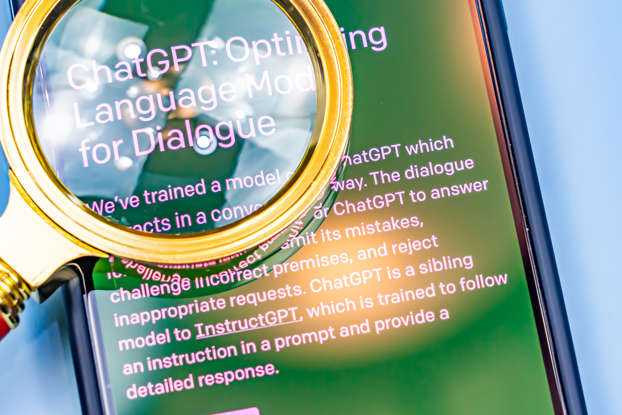
Just connect to the openeai.com website to start chatting with him on any topic and in any language you prefer.
Is an artificial intelligence with conscience possible?![]()
Since it is really possible to chat with ChatGPT about anything, we decided to ask them the famous question: “Is an artificial intelligence with a conscience possible?” Its answer is in the next slides.
“There is no scientific evidence that proves the existence of conscious AI”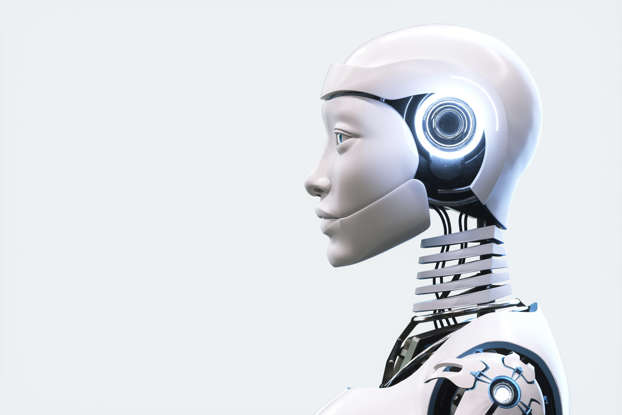
“As of now, there is no scientific evidence that proves the existence of conscious artificial intelligence. Consciousness is a complex and largely unknown phenomenon…”
“It is not possible to predict when or if this will occur”![]()
“…and despite significant advances in the field of AI, creating conscious AI remains a major challenge and is the subject of ongoing research and debate in the scientific community. While it is possible that conscious AI may be developed in the future, it is not possible to predict when or if this will occur.”
What does the future hold?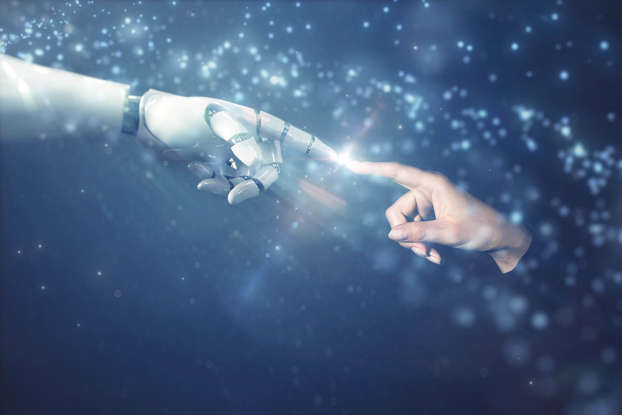
Just like ChatGPT answered, at the moment there’s not enough evidence to prove that AI has a conscience or that it will in the future. However, it does not seem impossible. In fact, some think it is already happening.




